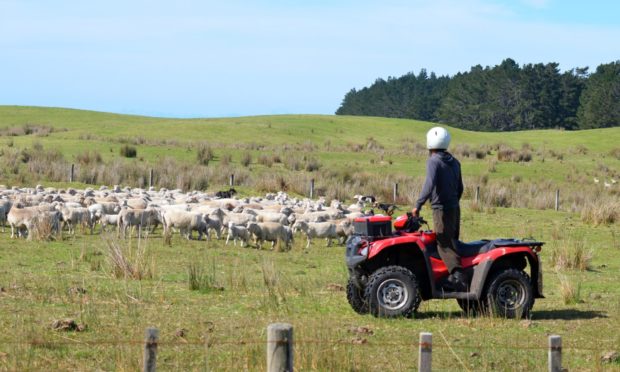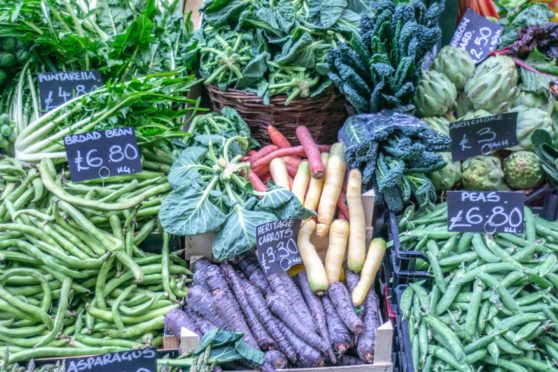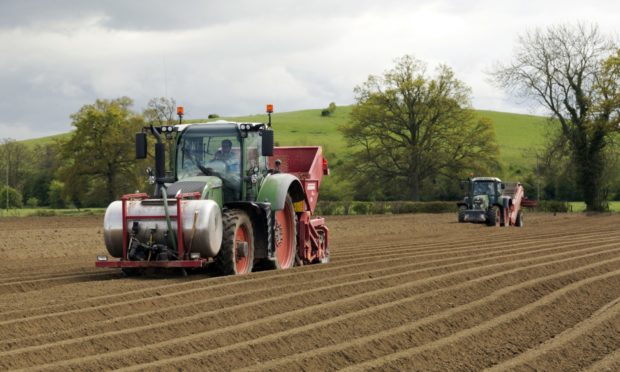The election campaign is in its final stretch and Scottish Land and Estates recently hosted a pre-Holyrood election hustings with a firm focus on rural Scotland.
Attendees were fortunate to hear a range of views with six parties represented by Fergus Ewing (SNP), Edward Mountain (Conservative), Rhoda Grant (Labour), Ariane Burgess (Greens), Sheila Ritchie (Liberal Democrats) and Jamie Blackett (All for Unity).
A wide range of questions were put to the candidates, in what was mainly a cordial discussion, where policy was the firm focus.
Future agriculture policy was given a good airing, with all candidates agreeing there needs to be progress made as soon as possible after the election to ensure clear messaging is given to farmers and they can start to make long term plans and structure their business post-Common Agricultural Policy (Cap).
Fergus Ewing stated the inability to give more detailed plans was down to the lack of clarity from Westminster on the total budget available.
Most heartening of the debate was the commitment from the majority of candidates to create value from local food, produced to the high welfare and environmental standards which Scotland is famous for.
Securing these standards as well as access to our largest international markets must be seen as paramount, ahead of government support which can be used to enable farming in a sustainable fashion.
Land reform has been a major theme of campaigning so far and it was a topic raised by those asking questions of the candidates.
Many candidates spoke of the need for communities to be more involved in land management and have a better understanding of the use of land around them and a voice with landowners.
From an SLE perspective, our members do engage widely with communities but we always encourage momentum to be maintained and we are currently encouraging members to participate in pilot projects on this topic.
However, little clarity was forthcoming from candidates on what ‘success’ would look like within land reform.
Community ownership – whilst admirable – cannot be seen as success in itself. The key is what happens next which is where any benefit can be felt. Thus far, there is a lack of detail on this and how it can be funded. Landowners, whoever they are, should be judged on their actions, not where they are from or what their name is.
For SLE, defining success within the land reform conversation is crucial. It is often described as a journey but as Lewis Carroll is oft quoted: “If you don’t know where you are going any road will take you there.”
Too often in the past we have seen legislation put in place which is not well thought through and without the true impacts assessed.
Given that elements of the most recent Land Reform Act are yet to be enacted, never mind their impacts assessed, it seems too early to be assuming their outcome and moving on from them.
There was also a useful discussion around how to make agricultural holdings work better for both landlord and tenants, as it is clear from the lack of new tenancies becoming available that the current system is not working for anyone.
However, contract farming agreements and Joint Ventures have emerged as a success story in enabling new entrants and progressing farmers to gain access to land and opportunities, thanks in part to the support of the industry and the Scottish Land Commission.
Green jobs and new houses were also hot topics, both of which can be beneficial for rural areas. However, this cannot be at the expense of existing housing stocks and perhaps more importantly, we cannot chase the dream of new jobs without valuing and protecting jobs which currently exist.
Employing real people, who hold real concerns about their future, is crucial for the ongoing prosperity of rural communities.
- Stephen Young is head of policy at Scottish Land and Estates.


